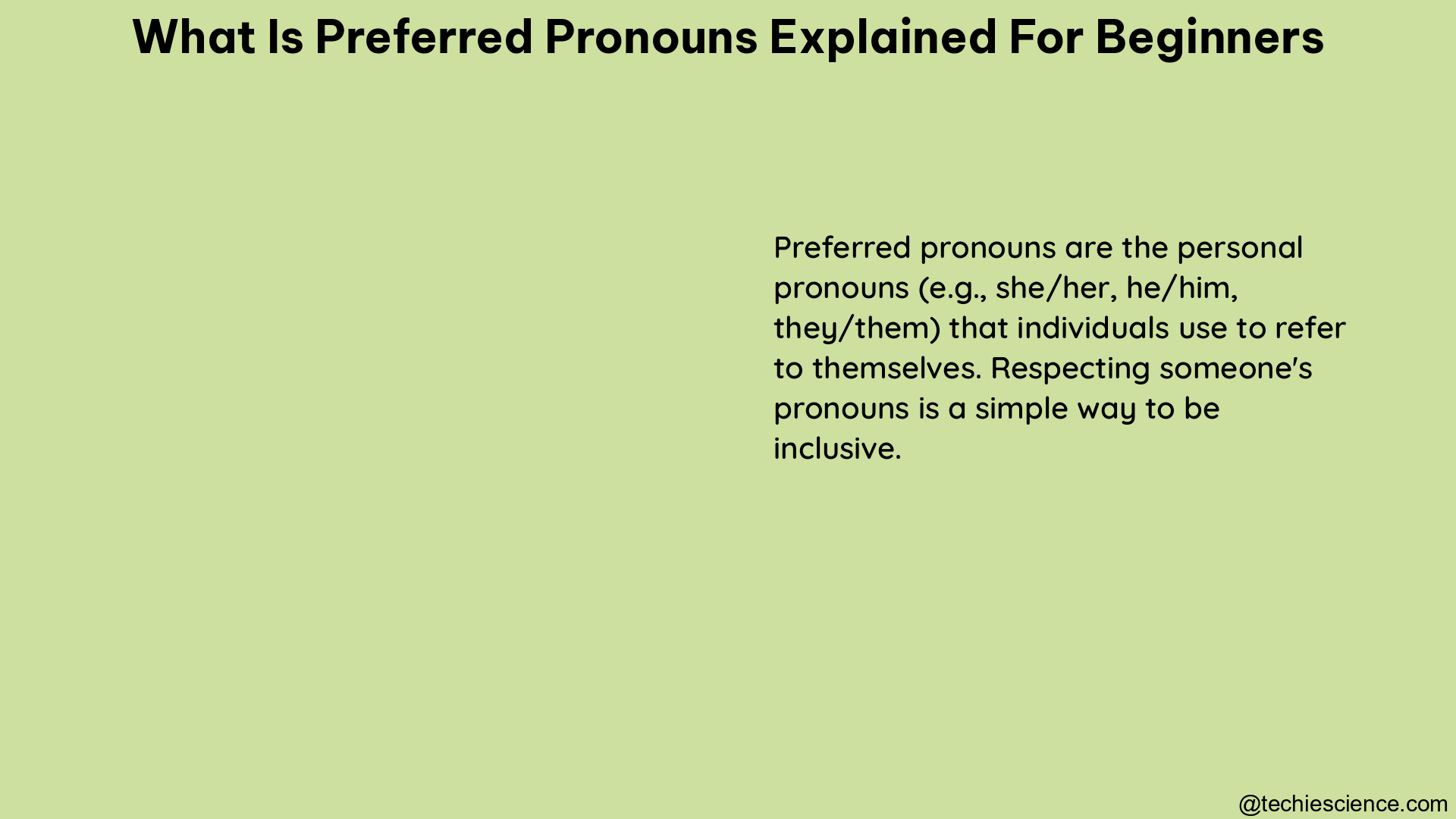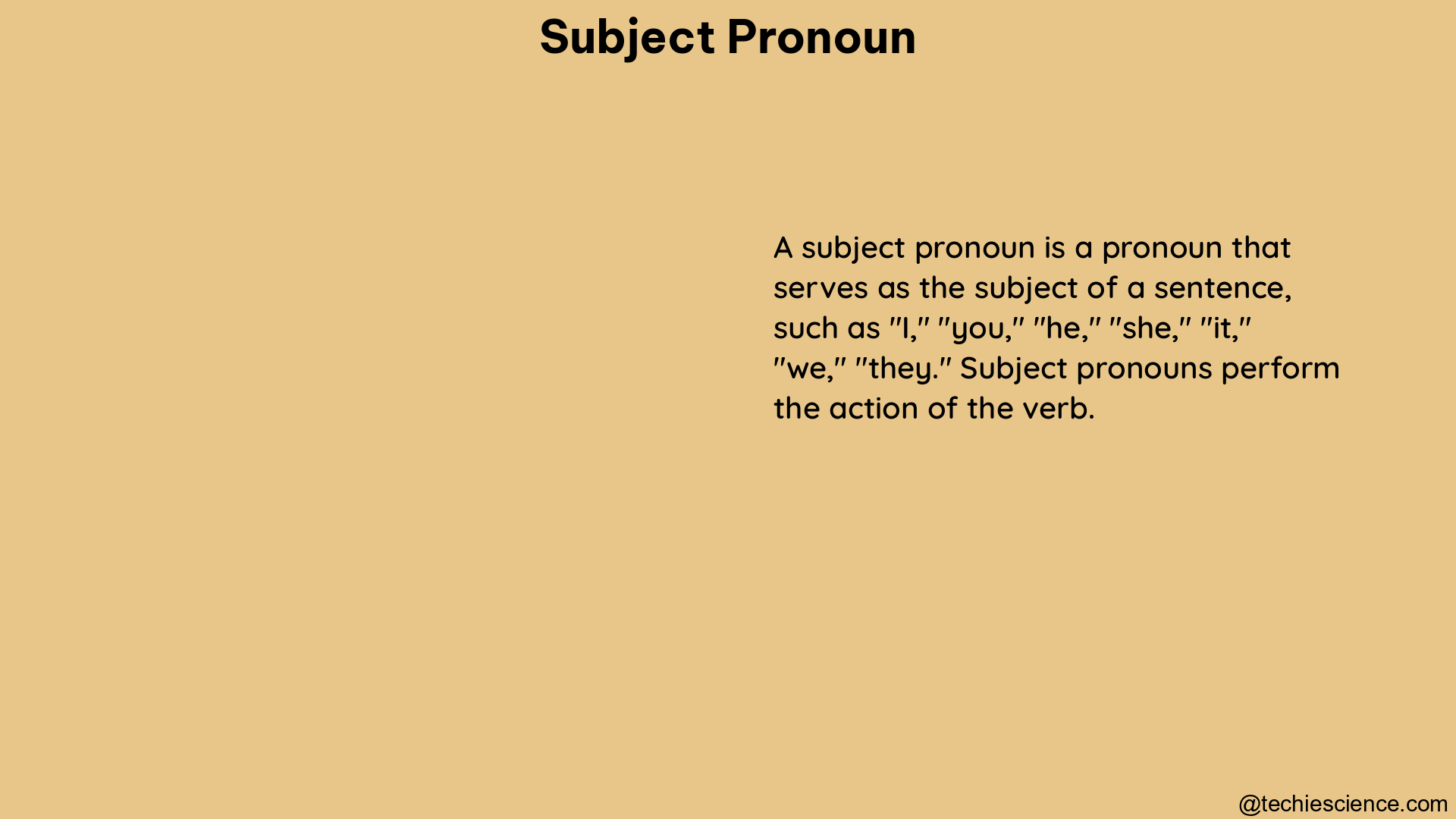This article will explain when, where, and how to use down prepositions, and will provide you with 20+ examples (with detailed explanations) on how to use it in sentences.
The preposition “down” is always followed by a noun. It means to decrease, or to move towards a lower level (such as the ground) from a higher level , or to move towards a lying or seated position.
Now, let us look at some examples of 20+ down preposition examples in sentences:
- Sheila tripped while running down the stairs.
- My pants got dirty while I was sliding down the bannisters.
- Are you scared of going down the street yourself?
- You should put down your homework and start getting ready.
- The nearest hospital is just down the road.
- The boarding school is located down the hill.
- If you don’t work hard now, you may come to regret it down the line.
- There is a very nice family living in the purple cottage down the river.
- Mehr should down her drink before it gets cold.
- She told us to be careful going down the mountain, because it is slippier than it looks.
- Mr. Mukherjee is coming down the elevator to meet with his wife.
- Shalini held on to her grandson while coming down the escalator, because it was her first time using one.
- While drinking rasam, snot started dripping down Kathana’s upper lip.
- It was so hot that Aryaman had sweat sliding down his forehead.
- The cut was very deep, and blood was flowing down his shins.
- Turn down the music unless you want the neighbours to start complaining.
- She ran down the path to catch up with her friends.
- Mrinalini went up and down the aisles of the supermarket in search for her favourite brand of chips.
- The poor kitten is stuck, and cannot find its way down the tree.
- There are a lot of new pubs opening down the block.
Now, let’s look at some detailed explanations for the down preposition examples:
Sheila tripped while running down the stairs.
In this sentence, “Sheila” is the subject, and the word “down” is a preposition because it is followed by the noun “stairs.” Going “down the stairs” implies travelling from a higher point to a lower point on the staircase.
My pants got dirty while I was sliding down the bannisters.
In this sentence, “I” is the subject, and “down” is a preposition because it is followed by the noun “bannisters.” “Sliding down the bannisters” implies moving from a higher point to a lower point on the bannisters via a sliding action.
Are you scared of going down the street yourself?
In this sentence, “you” is the subject, and “down” is a preposition because it is succeeded by the noun “street.” Going “down the street” implies moving further along a street.
You should put down your homework and start getting ready.
In this example, “you” is the subject, and “down” is a preposition because it is succeeded by the noun “homework.” To “put down” something is an idiomatic expression that means to “stop doing” something or postpone a task momentarily without permanently cancelling it.
The nearest hospital is just down the road.
In this sentence, the subject is the “hospital,” and “down” is a preposition because it is followed by the noun “road.” Going “down the road” means moving further along a road.
The boarding school is located down the hill.
In this example, the subject is the “boarding school,” and “down” is a preposition because it comes before the noun “hill.” “Down the hill” implies that the boarding school is located at a lower position on the hill.
If you don’t work hard now, you may come to regret it down the line.
In this sentence, “you” is the subject, and “down” is a preposition because it is followed by the noun “line.” “Down the line” is an idiomatic expression used to reference something that will happen “at a later time.”
There is a very nice family living in the purple cottage down the river.
In this sentence, “family” is the subject, and “down” is a preposition because it is succeeded by the noun “river.”
Mehr should down her drink before it gets cold.
In this example, “Mehr” is the subject, and “down” is a preposition because it is succeeded by the noun “drink.” To “down one’s drink” is an idiomatic phrase that means to consume a drink.
She told us to be careful going down the mountain, because it is slippier than it looks.
In this sentence, “us” is the subject, and “down” is a preposition because it is succeeded by the noun “mountain.”
Mr. Mukherjee is coming down the elevator to meet with his wife.
In this sentence, “Mr.Mukherjee” is the subject, and “down” is a preposition because it is followed by the noun “elevator.”
Shalini held on to her grandson while coming down the escalator, because it was her first time using one.
In this sentence, “Shalini” is the subject, and “down” is a preposition because it is followed by the noun “escalator.”
While drinking rasam, snot started dripping down Kathana’s upper lip.
In this example, “Kathana” is the subject, and “down” is a preposition because it is succeeded by the noun “upper lip.”
It was so hot that Aryaman had sweat sliding down his forehead.
In this sentence, “Aryaman” is the subject, and “down” is a preposition because it is followed by the noun “forehead.”
The cut was very deep, and blood was flowing down his shins.
In this example, “down” is a preposition because it is succeeded by the noun “shins.”
Turn down the music unless you want the neighbours to start complaining.
In this sentence, “you” is the subject, and “down” is a preposition because it is succeeded by the noun “music.” To “turn down the music” means to lower the volume of the music.
She ran down the path to catch up with her friends.
In this sentence, “she” is the subject, and “down” is a preposition because it is followed by the noun “path.”
Mrinalini went up and down the aisles of the supermarket in search for her favourite brand of chips.
In this sentence, “Mrinalini” is the subject, and “down” is a preposition because it is followed by the noun “aisles.”
The poor kitten is stuck, and cannot find its way down the tree.
In this sentence, “kitten” is the subject, and “down” is a preposition because it is followed by the noun “tree.”
There are a lot of new pubs opening down the block.
In this sentence, “down” is a preposition because it is followed by the noun “block.”
Read more: 15+ For Preposition Examples: When, Where, How, Why To Use and Not Use and FAQs.






